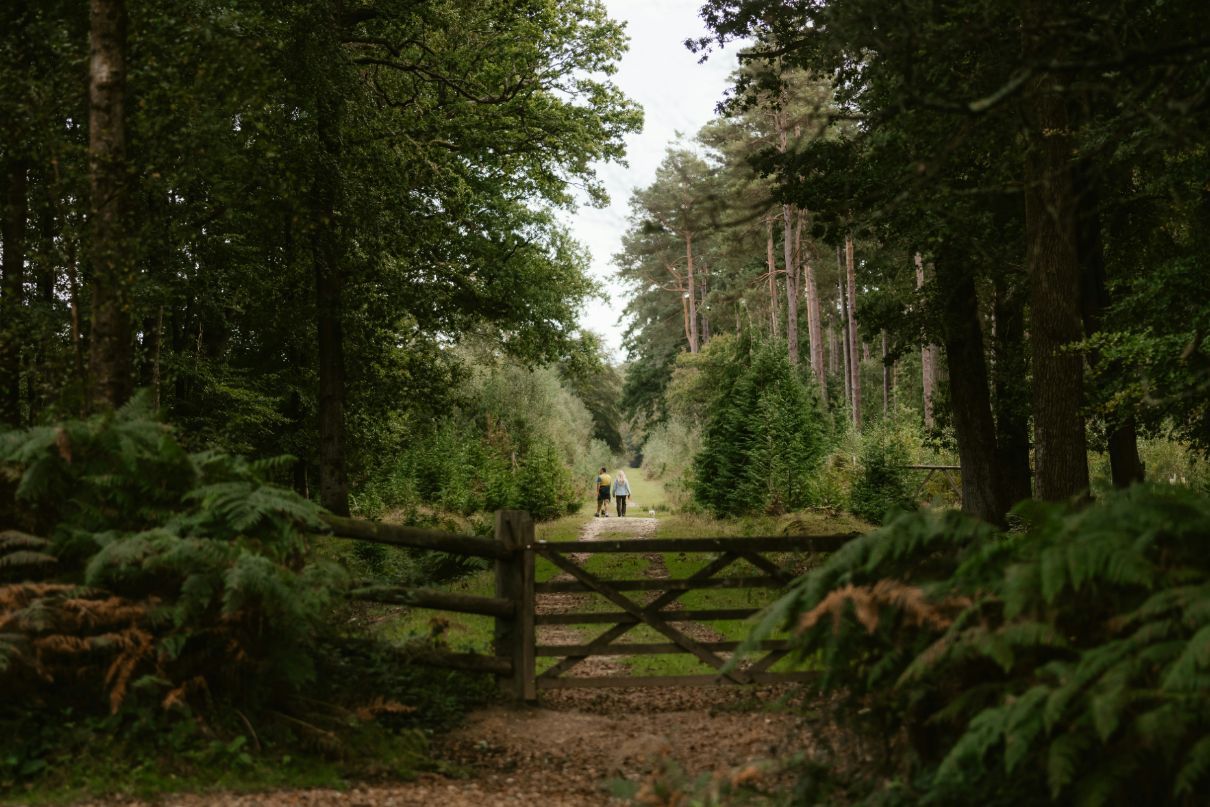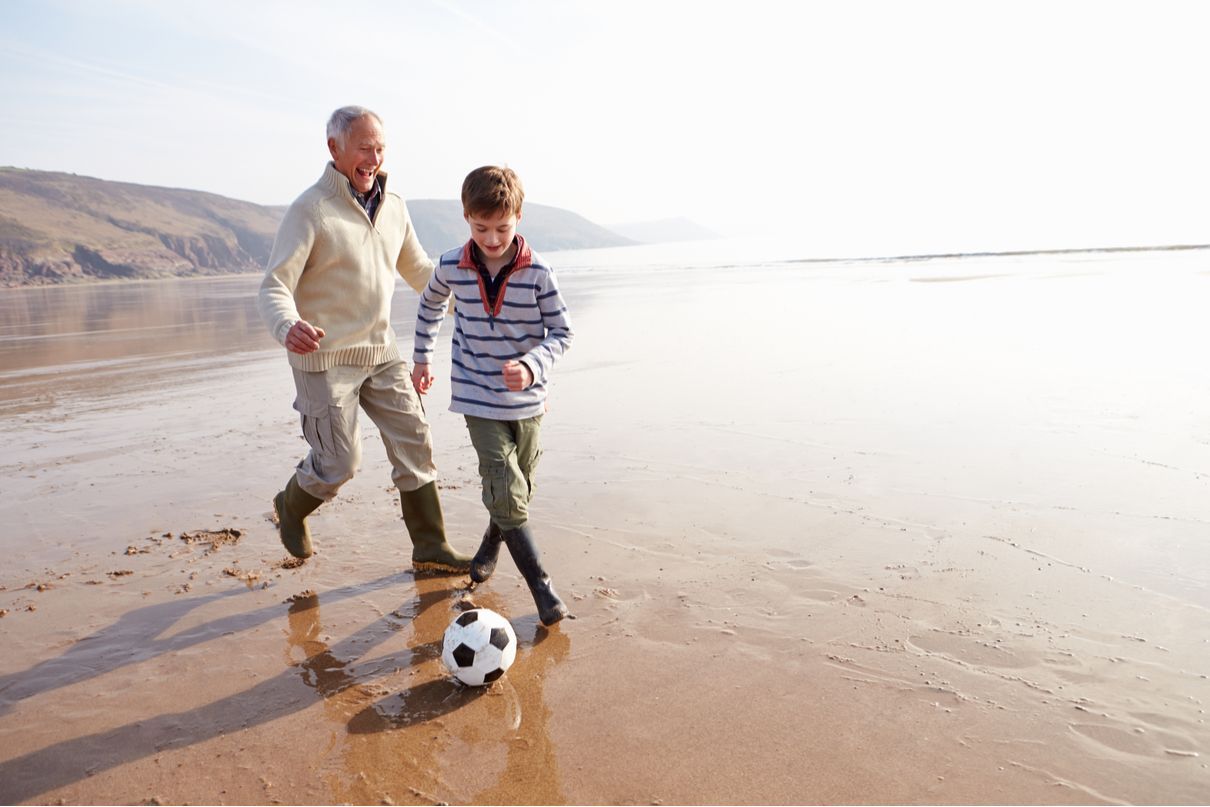Blog Layout
As we emerge from Lockdown
KEITH ALLAN • Jun 09, 2020
Embracing change
Deciding how and when to re-open schools, business, retail and leisure facilities is proving to be a complicated process, made more difficult by the different pace of change and different paths that each of the UK’s four nations are following.
As we wait for our government leaders and health care professionals to plot the best course forward, it’s not too early to start thinking about how our homes are going to “reopen” as well. Social distancing has changed our lives in so many different ways. We’re going to need just as much resilience to transition back to living and working in public as we continue to need while quarantining.
Since the Covid-19 outbreak we’ve all had to make adjustments so that we could cover our basic needs, care for our loved ones, and remain productive during quarantine. No matter how well you’ve adapted to these extraordinary circumstances, there’s probably a part of you that feels like you’ve been just trying to get through the next day.
But as the country begins to reopen, it’s time to stop “getting by” and start approaching our lives and work with the same vigor we had before the pandemic. Regaining our old momentum isn’t going to be as easy as flipping a switch. Here are some thoughts from leading experts on behavior and peak performance on what mental strategies they would recommend to help us start building personal momentum as we approach, hopefully, the end of quarantine life.
Live in your “Present Box.”
Clinical psychologist Dr. Beth Kurland says that evolution instilled a “wandering mind” in humans as a survival mechanism. We’re never totally in the present because our survival instinct is constantly reminding us of things we overcame in the past and alerting us to potential future dangers. Dr. Kurland says, “In this pandemic of uncertainty, these kinds of mental ruminations can really increase a lot of the anxiety that people are experiencing.”
The more that we focus on the here and now, the less anxious we are going to be, and the more motivated we will feel to tackle immediate problems. To help achieve this mental shift, Dr. Kurland recommends drawing two large boxes on a sheet of paper. Label one “The Present,” and label the other “What If?” Then, write the things that are occupying your mind in the appropriate box. According to Dr. Kurland, separating what’s happening right now from what could happen helps us “to really think about what is in our sphere of influence, what we have personal agency and control over.”
Yes, eventually, you might have to move some of those “What Ifs?” into your “Present” box. But for the moment, try to imagine putting a lid on your “What Ifs?” and structure your time around what you need to do – and can do – today.
More Teflon, less Velcro.
“The mind is like Velcro for negative experiences and Teflon for positive ones.” The anxiety and worry we’re all experiencing during quarantine only enhances our tendency to dwell on the negative and overlook the many good things we have in our lives.
Dr. Kurland believes that an added benefit of her Two Boxes exercise is that the more present we are, the more likely we are to notice and appreciate the positive. For example, many of us are feeling closer to our extended friends and families thanks to Zoom calls and care packages. Other folks have used the working from home experience to chart new career paths.
However, a Teflon mindset doesn’t mean boxing away some of the real emotional hardships you’ve experienced during the pandemic. Instead, Dr. Kurland encourages us to find a healthy balance between letting our feelings in and not letting them keep us down.
“I think it's really important to acknowledge and have an opportunity to process those emotions,” Dr. Kurland says. “But try to both hold a space for the grief, the sadness that may be there, and also really find ways to notice the moments where we can really appreciate the positive things that we can take in. The warm glance from a family member or a kind word from a work colleague. These kinds of things that really, as we take them in, can help us to get through a difficult day, a difficult moment.”
Appreciating the small things.
“One of the things that I'm hearing from a lot of people is that there's a greater appreciation for things that they may have taken for granted,” says Dr. Kurland. “Just really appreciating family, appreciating acts of kindness and noticing those things more. I think another thing is just a slowing down of lifestyle, being home more, and more time spent with family members.”
If you can relate to what Dr. Kurland is reporting, you’ve probably started to think about how to take some of the stress out of your days once the country reopens. As many companies consider more permanent working from home arrangements, you might still get to enjoy those extra daily meals with your kids. You might keep up the weekly video chats that have brought you closer to your extended family. And you might make those simple moments of quiet that allow you to think, de-stress, and reflect a permanent part of your daily routine.
Valuing social bonds.
Zoom and social media have helped bridge the gaps between us and our friends and colleagues. But they’ve also reminded us of all the things that virtual communication can’t replicate.
We rely on other people more than we might think. We bounce ideas off them and we receive feedback from them. Social media is an illusion of social interaction that allows people to hide behind a barrier. And since around 90% of communication is nonverbal so no number of emails and zoom calls are going to replace that.
It’s likely that offices and recreational facilities are going to look very different after quarantine. But considering how much we’ve been able to accomplish virtually, sharing physical space with co-workers, friends, and family again could give our productivity a big boost.
A more caring society?
Although the pandemic has been defined, in large part, by the things we can’t do, we’ve all learned a lot about what we can do as well. From big accomplishments like managing a revised household budget to little joys like learning to bake or play an instrument, we’ve adapted to these challenging circumstances and, in many cases, found ways to thrive.
But even though we experienced the pandemic together, you probably noticed that people were processing quarantine in very different ways. As we’ve bumped up against and often surpassed our own limits, we’ve gained a better understanding of how others are coping.
Adds Dr. Kurland, “I think there's an opportunity for each of us to really look at, in what way can we contribute? Who's one person that I can serve or reach out to or help or support? And not undervalue the impact for both people. We know from the research that, when we help others, it also feeds back in a positive direction to us. But also that being the recipient of even one person reaching out to you can make a huge difference in one's well-being.”
Embracing change in our lives
The Covid-19 pandemic will be a “before and after” moment for this generation, not unlike 9/11 or the Great Depression. Our government leaders and health care experts will have a challenging time determining the safest ways for us to get back to living and working in public.
But privately, we have an unprecedented opportunity to make some major changes in our lives as well. Some people will choose an earlier retirement, others will launch a new venture. Many will find new rhythms in their lives.
Dr. Kurland agrees. “I think that there is an opportunity to really evaluate and think about how to take this as an opportunity,” she says. “To ask ourselves, ‘How do I want my life to look as I move forward? What is it that I most value? What are the things that are really important to me?’”
As we all transition through this challenging time, remember that we’re here to help you answer those questions like ‘could I retire now?’ and ‘how much is enough?’and work with you on a plan for the lifestyle you seek.
Contact us at enquiries@jwafinance.com
The minimum pension contribution may not be enough. Here are 3 reasons to increase your contributions
JWA Financial Planning Ltd is authorised and regulated by the Financial Conduct Authority.
We are entered in the Financial Services Register Number 798772. (https://register.fca.org.uk)
JWA Financial Planning ltd is registered in England and Wales No. 10093080
Registered Office: The Embassy, 389 Newport Road, Cardiff, CF24 1TP
Should you have cause to complain, and you are not satisfied with our response to your complaint, you may be able to refer it to the Financial Ombudsman Service, which can be contacted as follows:
The Financial Ombudsman Service Exchange Tower, London, E14 9SR. Tel: 0800 023 4567 or 0300 123 9 123 | www.financial-ombudsman.org.uk
The guidance and/or advice contained in this website is subject to UK regulatory regime and is therefore restricted to consumers based in the UK.
© 2024. The content on this website is owned by us and our licensors. Do not copy any content (including images) without our consent.











